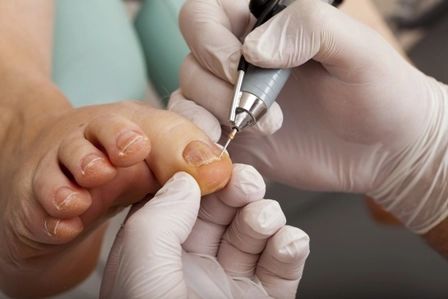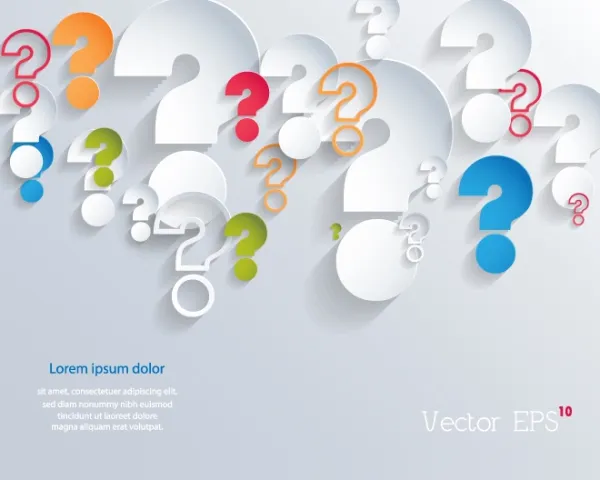Absorb These New Abuse, Diabetes Codes Before Oct. 1
Type 2 DM getting ketoacidosis entries. It's official: The list of additions, deletions and revisions for the ICD-10 2018 manual is final. And once again, pediatric coders will have a bevy of new codes to choose from when the 2018 rules take effect on Oct. 1, 2017. The numbers: Once the dust settled, the World Health Organization (WHO) added more than 3,500 new diagnosis codes to the manual. It also revised 1,800-plus codes and deleted nearly 650 diagnoses. In its 2018 form, ICD-10 will contain a whopping 78,705 codes. Help's here: Don't get overwhelmed by the flurry of activity; the WHO adds codes each year, thus making it easier for coders to paint a complete picture of a patient's condition. All coders need to do is listen to what the experts say, study up on the new codes relevant to their practices, and be ready to use the new ICD-10 codes before autumn rolls around. Z Code Descriptors Get More Specific on Abuse One of the major changes in ICD-10 2018 is the specificity of some abuse codes already on the books. The changes to these codes provide "clarity in guidance for using existing codes," explains Jan Blanchard, CPC, CPMA, pediatric solutions consultant at Vermont-based PCC. The basics: ICD-10 2018 provides more detail in the code entries for Z69.010 (Encounter for mental health services for parental child abuse) and Z69.020 (Encounter for mental health services for victim of non-parental child abuse). For example, in 2018 the information below Z69.010 (Encounter for mental health services for victim of parental child abuse) will expand to include: This type of specificity will extend to the codes for Z69.020, whose entry will expand to include: Impact: Although these codes aren't new, the information will provide new insight into your patients' conditions, explains Cyndee Weston, CPC, CMRS, executive director of the American Medical Billing Association (AMBA) in Davis, Oklahoma. These additional details below the ICD-10 codes for abuse "will allow for better tracking for victims of abuse or neglect of a psychological, violent, or sexual nature," Weston explains. "With the addition of these details, "authorities and healthcare professionals can better track these types of treatment, which may help with prevention." And the changes to the abuse codes will benefit the coder when she's trying to pin down the proper diagnosis, confirms Melanie Witt, RN, CPC, MA, an independent coding expert based in Guadalupita, New Mexico. The changes "help coders find the right code based on documentation that may vary from clinician to clinician. For instance, Z69.010 now makes it clear that this code would be used for any case where there was physical abuse, neglect, psychological abuse or sexual abuse of the child by the parent," Witt explains. Diabetic Ketoacidosis Gets Type 2 Treatment In other ICD-10 2018 news, there are some brand new codes for diabetes mellitus (DM). If your patient suffers from type 2 diabetic ketoacidosis, you'll have these codes to choose from in October. The basics: ICD-10 2018 will offer you this trio of new codes: Impact: These additions will tighten up coding for type 2 diabetics with ketoacidosis. Prior to this change, correct coding for this condition "would be an E11.- [Type 2 diabetes mellitus ...] code for type 2 diabetes and a secondary code, E87.2 [Acidosis], for ketoacidosis," Witt relays. In 2018, you'll only need a single code for the condition, and code selection "will depend on the clinician specifying whether the patient was in a coma," Witt confirms. Weston agrees, saying "some patients with untreated type 2 DM can develop ketoacidosis that ... can send a patient into a coma. These codes will allow healthcare professionals to better track these patients, and hopefully learn more."




